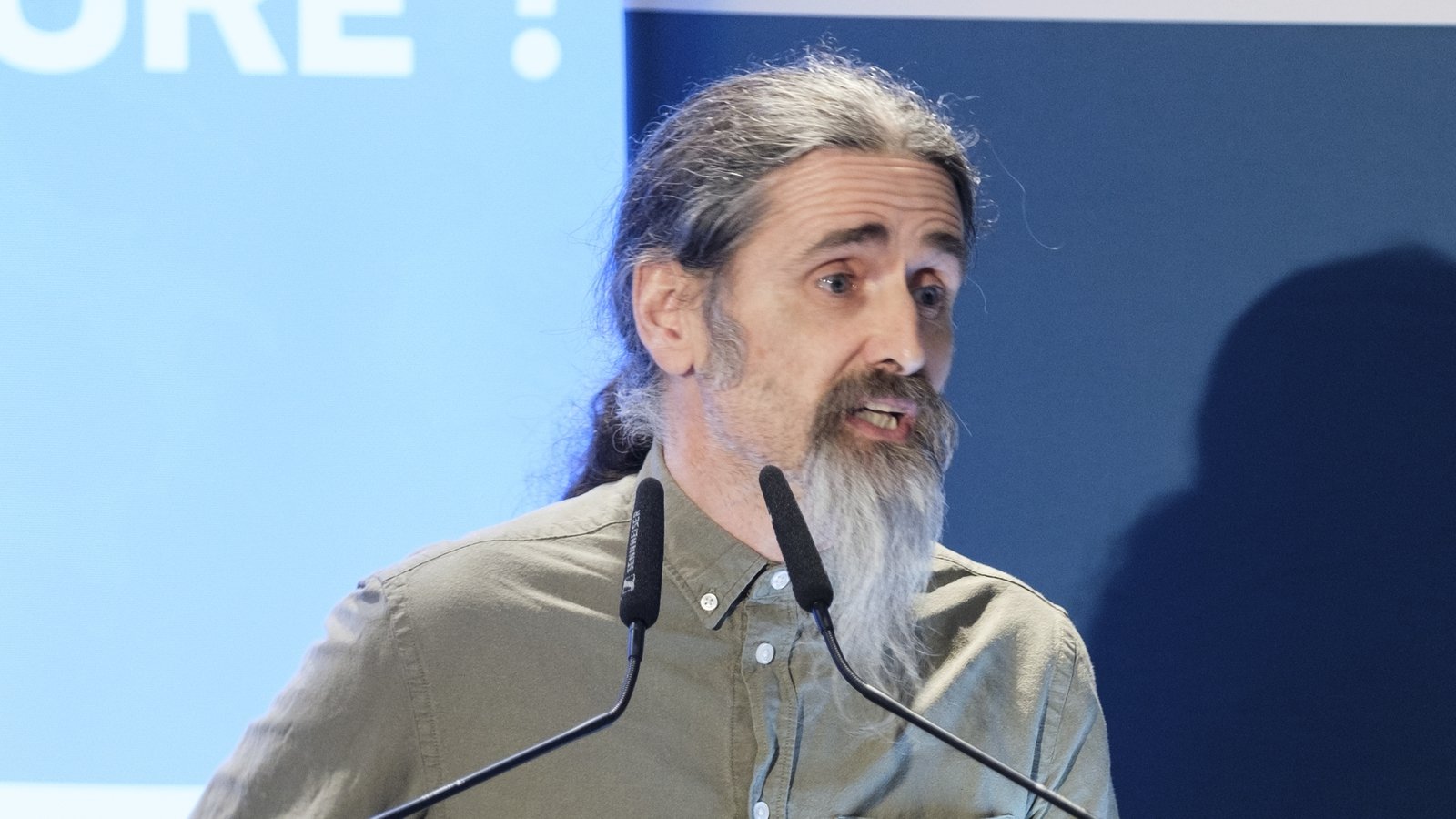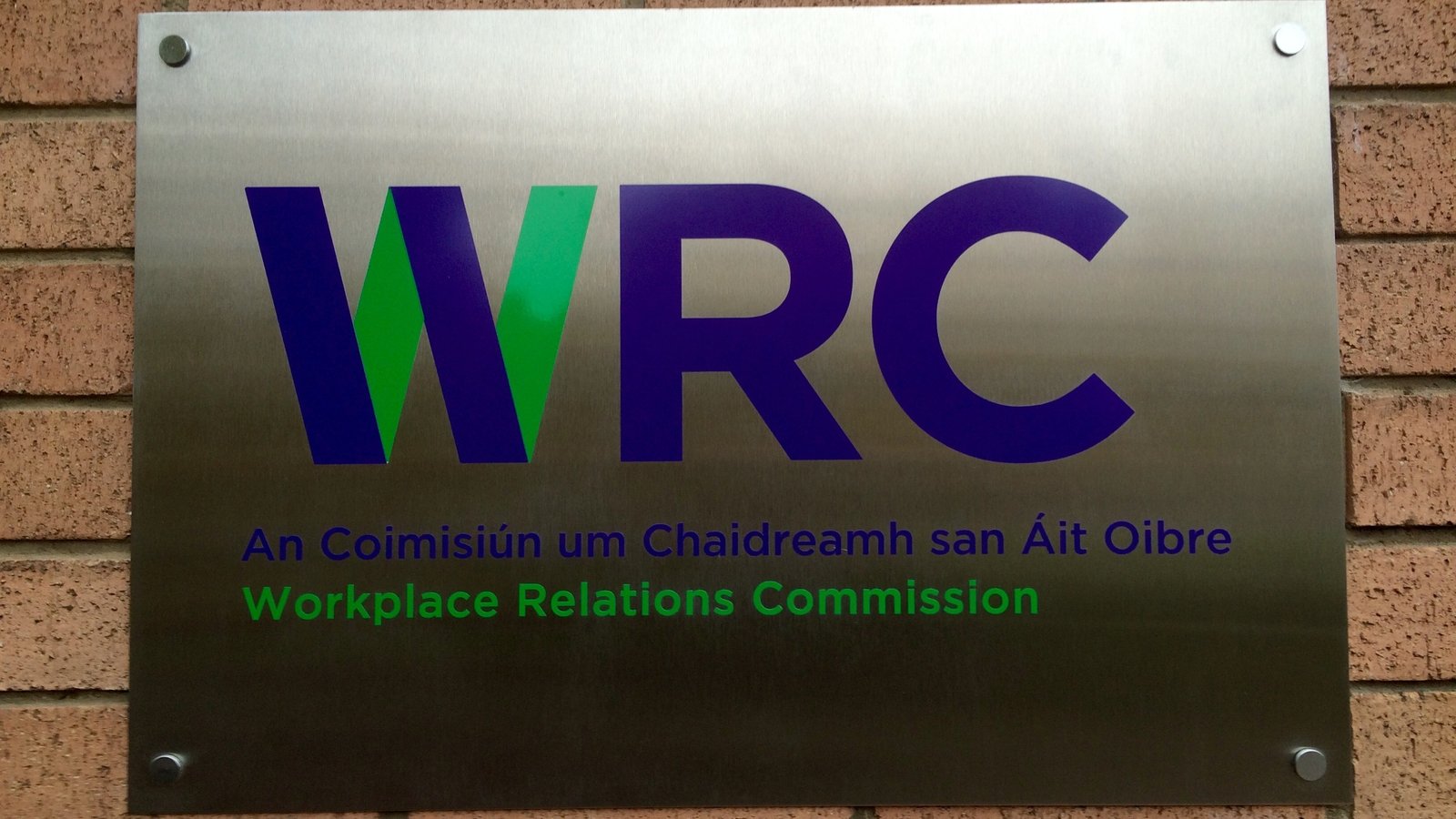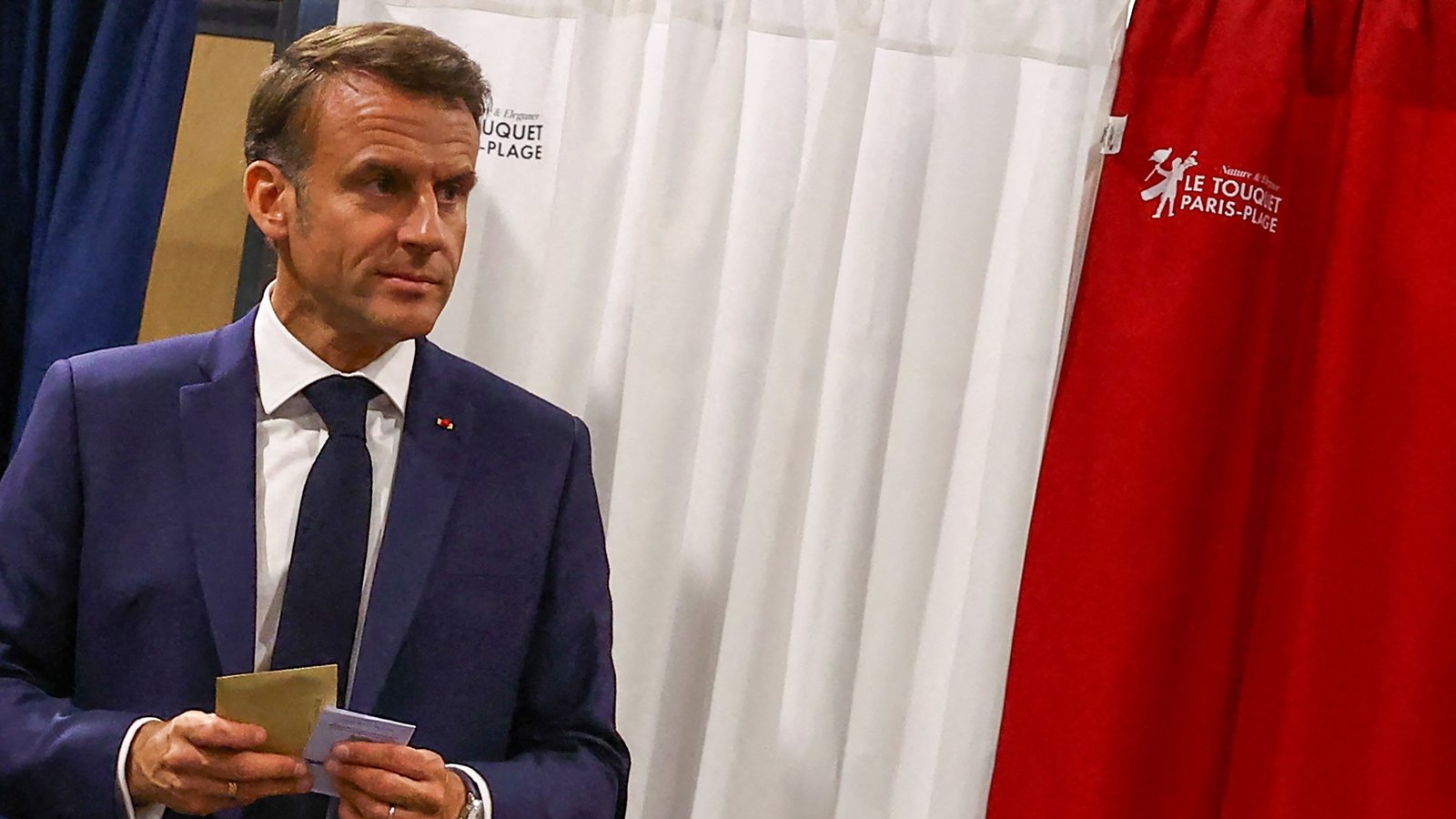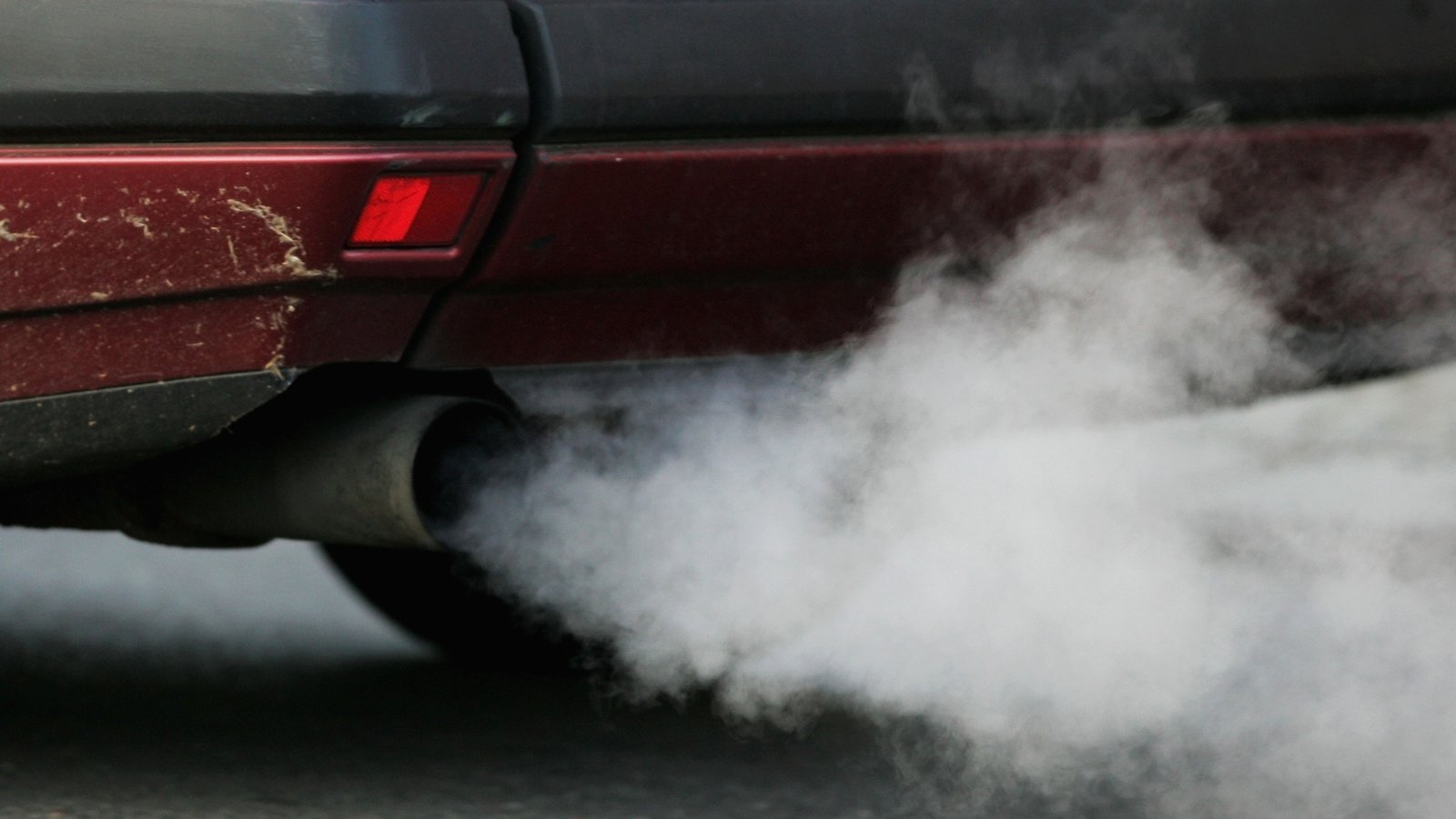‘It’s a miserable life we are living’
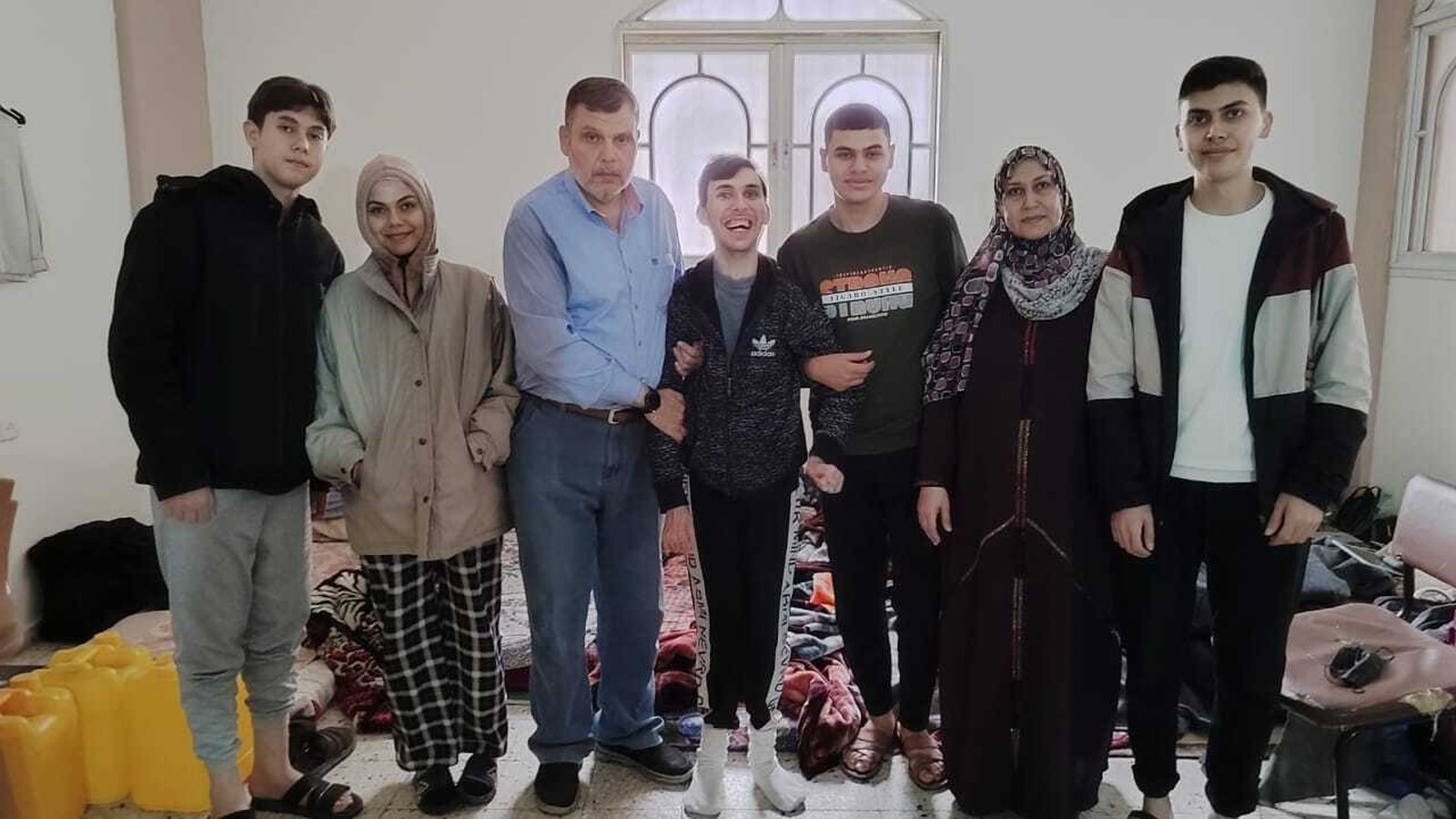
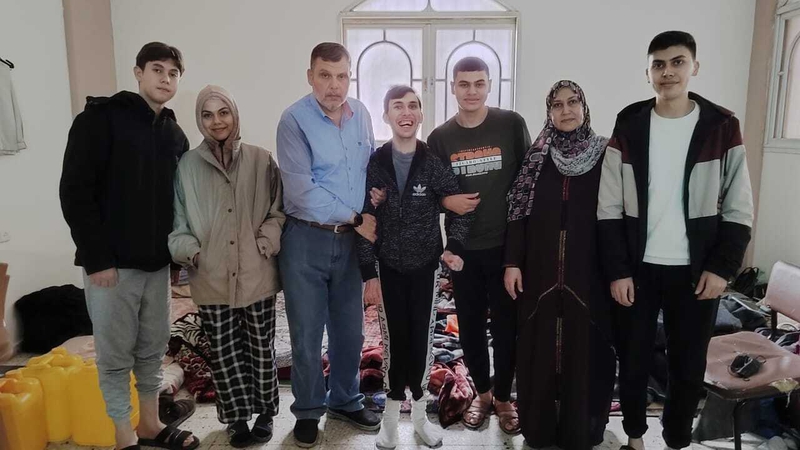
As the war in Gaza enters a fourth month, combat between the Israeli military and Hamas has advanced farther south. In that period, many Palestinians fleeing the violence have moved to Rafah, Gaza’s southernmost city, on the border with Egypt.
More than one million people are currently sheltering in the city, which was declared a ‘safe zone’ by Israel during the first weeks of war. Despite the designation, bombardments have regularly struck Rafah.
Then, last week, Israeli Prime Minister Benjamin Netanyahu said he had ordered the military to develop a plan to destroy four Hamas battalions he says are deployed in the city.
With a ground offensive looming, and the United Nations warning more aid needs to enter the enclave to stave off famine, Katie Hannon spoke to Isam Hamad for ‘Upfront: The Podcast’ about life there, and his concerns about the future.
Mr Hamad and his family, including his 27 year old Irish-born son, Hamza, who has cerebral palsy, are among the millions sheltering in Rafah. Isam lived and studied in Ireland for almost eight years, and still has numerous friends in the country.
“15 days after the start of the war, I received a phone call from the Israelis asking me by name to move from my home, to the south [of the Gaza strip] as the area my house is in had become a military operation zone,” Mr Hamad said.
“I moved with my family, my father, my sister and their extended family. There’s 37 people in one flat that usually houses five or six people, and one room with a toilet housing 11 men.”
“We are divided into two places. The women and the children and my father who is 93 years old, are living in the flat upstairs. The 11 men are living in the room with the toilet.”
Mr Hamad said it was devasting for him and his family to leave Gaza, but the situation was very worrying.
“When you see your neighbours houses being hit by rockets and people inside the house die – who are not members of any factions – who are just civilians, and you just could not understand why they died.”
“This is the reason we made the decision to flee and go to Rafah. We couldn’t understand why people are dying. They are our neighbours. We know them,” Mr Hamad told Katie Hannon.
LISTEN: Isam Hamad speaks to Katie Hannon on Upfront: The Podcast
We need your consent to load this rte-player contentWe use rte-player to manage extra content that can set cookies on your device and collect data about your activity. Please review their details and accept them to load the content.Manage Preferences
Since the war began in the wake of the Hamas attacks of 7 October 2023, imports and supplies of food and water in Gaza have been limited.
“Meat, poultry, chicken, dairy products are all missing. There is nothing in the market and nothing comes from the aid that comes to the civilians here in Rafah. What we receive from the aid, or we can buy from the market is canned food. Peas, chickpeas, beans and things like this.”
“The tap water comes every eight days for five hours only. The day that the tap water comes, it’s a party for us. We have to spend the five hours filling the buckets in order to take it to the rooftop, to put it in the storage tanks. We sometimes take a shower every eight days when it comes. It’s a miserable life we are living.”
On Monday, a particularly intense wave of Israeli airstrikes hit Rafah. The Palestinian Red Cresent Society said more than 100 local people, including children, were killed.
“We are human beings. We are terrified. What we have seen over the past four months is enough for us to be terrified from what is going to happen. We have seen how the Israelis act. They just bomb, kill the civilians with no reason, with cold blood.”
Following the strike, Israeli Defence Forces spokesperson, Daniel Hagari, said they were conducted “in order to allow” Israeli forces to rescue two hostages who had been held captive since the October 7 attack, “and to hit Hamas terrorists in the area.”
With nowhere else to turn and the strikes gorwing in intensity, tens of thousands of Palestinians are now living in tents or makeshift shelters around the city, and Mr Hamad says fear and uncertainty is growing.
“I see the nervous faces of the children. They are always worried, there is lots of fighting between them. They are living in abnormal conditions.”
“When you have the children who are supposed to be two or three playing in one room, now you have about fifteen put like sardine cans in one room, and they are always fighting. It is not healthy. People are living in a catastrophe.”
Isam’s Irish-born son, Hamza was born in the Coombe Hospital in Dublin in 1997. As Hamza is an Irish citizen, the family had hoped they could get an exit visa from Gaza, but that hasn’t worked out, despite contact with the Department of Foreign Affairs.
“On the 6th of December, I had a permit approval from Israel for Hamza and my youngest child to leave. I got a call from the Department of Foreign Affairs asking me if they could leave. I said Hamza has cerebral palsy, he cannot leave by himself, and my youngest child is 13. How can he take him and go to Ireland?” he said.
“I hope that somebody from somewhere comes to help us and get us the exit permit and help us move from here from under the shelling, under the rockets, under the threat of dying.”
Listen to Isam Hamad speaking to Katie Hannon on Upfront: The Podcast here, on Apple Podcasts and on Spotify.

